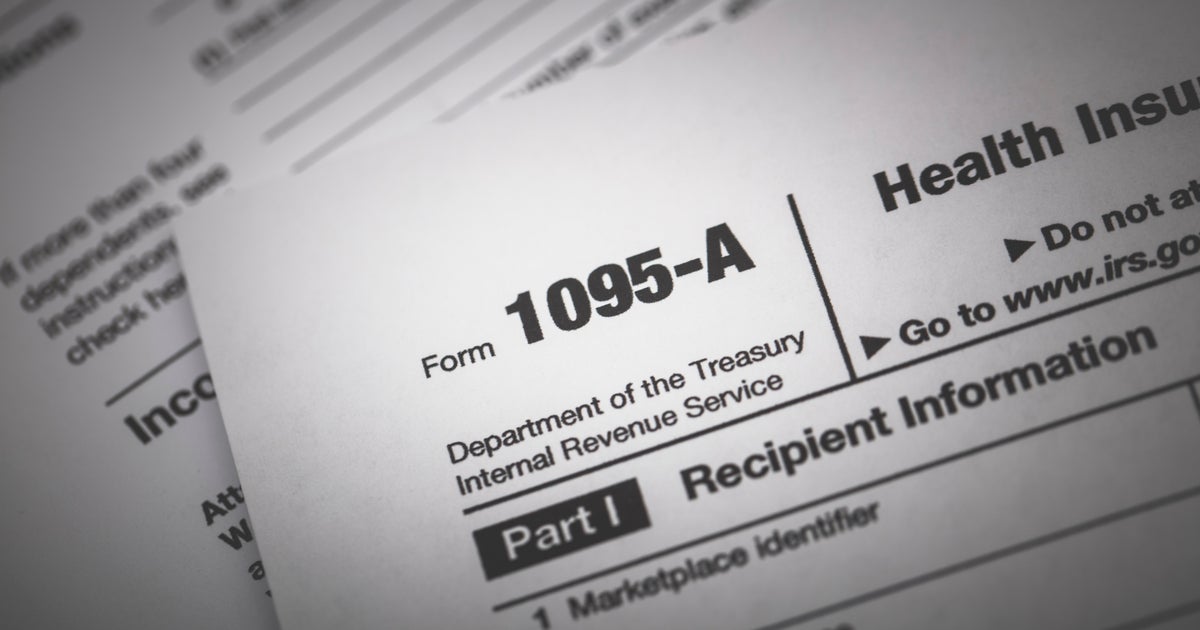Half of young people believe high school degree is enough for good-paying job
Many young Americans still consider a high school diploma alone to be enough for success, according to a survey of teens and young adults by the Associated Press-NORC Center for Public Affairs Research.
The finding alarms some experts who say young Americans don't seem to be getting the message that college pays off. Federal labor data show a widening earnings gap between Americans who do and do not have a college degree.
More than half of Americans ages 13 through 29 do see college as a path to economic success, but about 4 in 10 believe a bachelor's degree prepares people only somewhat well, or even poorly, for today's economy.
Meanwhile, about half said their high school education has provided the skills they need to get a good job right after they graduate. And 45% say a high school diploma is good preparation for future successful workers.
Researchers dispute that notion, saying it has been decades since a high school diploma was enough to earn a good living.
"The data just do not support that," said Thomas Brock, a research professor and director of the Community College Research Center at Columbia University. "With a high school diploma alone, it's very hard to earn the kinds of wages one would need to support a family."
Even in the current tight job market, unemployment rates are far lower for workers with a college degree. The lifetime earnings of high school graduates, meanwhile, have dropped 12% in the last 40 years.
In 2018, the median earnings for workers with only a high school diploma was $730 a week, according to the U.S. Bureau of Labor Statistics. For those with a bachelor's degree, it was $1,200 — more than two-thirds higher.
However, the precise reasons college degree holders command better pay are highly debated. Critics have pointed to the phenomenon of "degree inflation," whereby employers increasingly demand that job applicants have a college degree even when the skills of a given job don't require one. A Harvard Business School report from 2017 found that as many as 6 million jobs potentially require a college degree without a good reason, with traditional blue-collar industries like manufacturing and retail trade most at risk.
Teens are especially likely to think high school is a good path to success in today's economy, while young adults were less likely to say so, according to the AP-NORC survey. And there were stark differences by race: At least half of young black and Hispanic Americans said high school is a good path to success, compared with 41% of young white Americans.
More than any type of degree, 73% of young Americans said they think job experience is good preparation for success. Their esteem for practical experience is shared by the Trump administration, which has pushed to expand apprenticeship programs. Experts say it reflects today's economy, in which more employers require internships or other work experience.
While 6 in 10 said a bachelor's degree is a route to success, an equal number said they see vocational school as good preparation, and about half see the same value in an associate degree. The finding was a surprise to some researchers who say students — and their parents — often think of college only as a bachelor's degree.
"That's not what I would expect to see," said Heather McKay, director of the Education and Employment Research Center at Rutgers University. "It's really great that young people are thinking of these alternatives, because there are some really good non-degree credential options out there.
A common thread among many young Americans is a concern over the cost of education. Nearly 8 in 10 said they think college affordability is a very or extremely serious problem, and a majority said they were at least somewhat concerned about debt. Of those with college plans, a majority said they were borrowing or planning to borrow loans to pay for tuition.
In some ways, young Americans are right to be worried, said Anthony Carnevale, director of Georgetown University's Center on Education and the Workforce. The transition to adult independence is taking place later in life, he said. Education requirements for good jobs have grown, and there are fewer available to young people. Still, he said, there's evidence that investments in college pay off.
"Eighty percent of four-year college degrees do bring sufficient earnings to pay for the cost over a career," Carnevale said. "The truth is, it's very hard for colleges at the four-year level to build programs that aren't worth the loan."
Debate over student debt and college affordability has come to the fore recently as Democratic presidential candidates court young voters with promises to make college free and erase debt.
Overall, 65% of young Americans in the AP-NORC survey said they support making tuition free at community colleges, an idea that has been adopted by some states and is being proposed nationally by Democrats. Meanwhile, 60% support plans to make tuition free at all public colleges and universities, a proposal that's supported by Senators Bernie Sanders and Elizabeth Warren, both Democratic presidential candidates.
Each of those ideas also has backing from nearly half of young Republicans.
Young Americans also widely support plans allowing student debt to be refinanced and plans to forgive debt for households earning less than $100,000 a year, the poll found.



